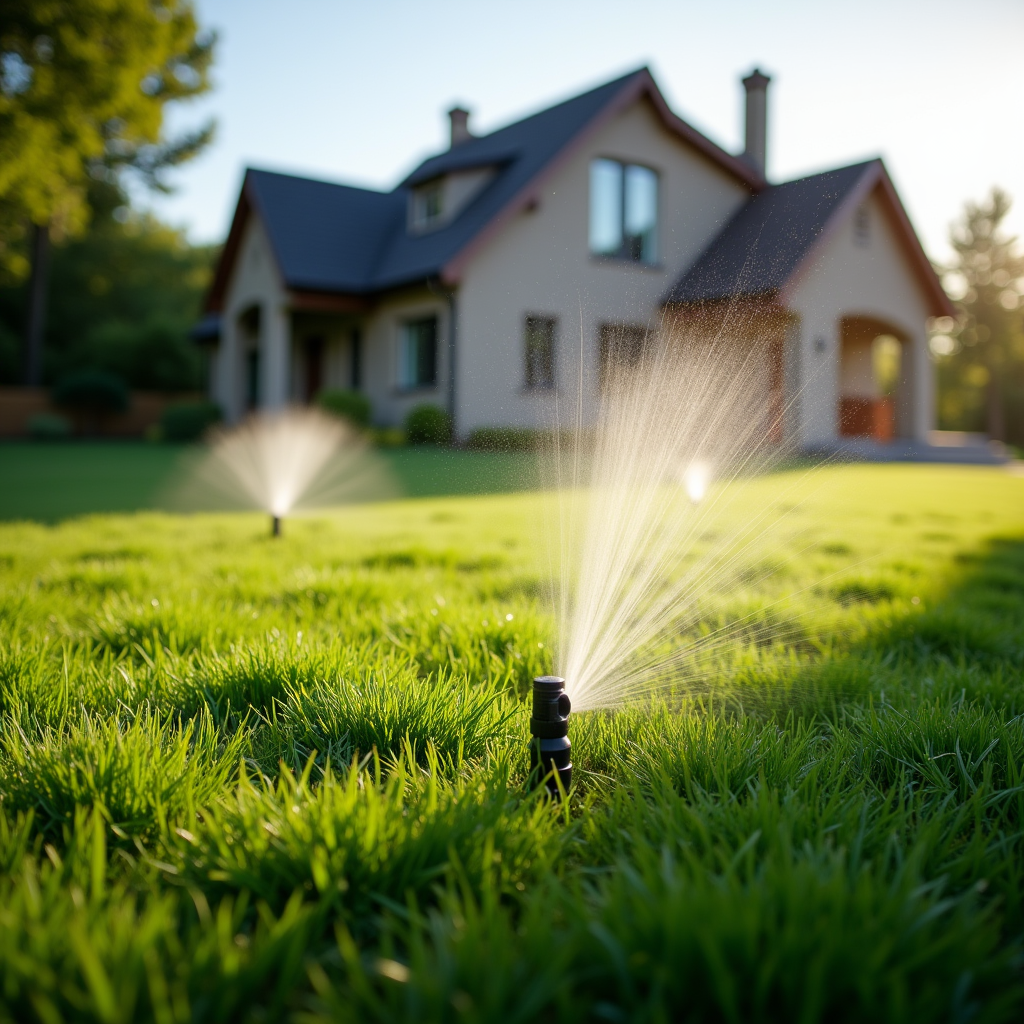Introduction
When it comes to creating a beautiful and sustainable landscape in Greensboro, one of the most important decisions you’ll make is selecting the right type of mulch. Not only does mulch enhance the visual appeal of your garden, but it also plays a vital role in soil health, moisture retention, and weed control. With so many options available, choosing the right mulch can feel overwhelming. But don't worry! This comprehensive guide will walk you through everything you need to know about mulch selection for your Greensboro landscaping project.
How to Choose the Right Mulch for Your Greensboro Landscape
Choosing the right mulch for your Greensboro landscape involves understanding your garden's specific needs and goals. Are you looking to retain moisture, suppress weeds, or improve soil quality? Perhaps you want to add an aesthetic touch to your flower beds? Here are several factors to consider:
1. Understand Your Soil Type
Before selecting mulch, it's essential to assess your soil type. Is it sandy, clayey, or loamy? Each type has different drainage capabilities and nutrient retention levels.
- Sandy Soil: Drains quickly but doesn’t hold moisture well. Clay Soil: Retains moisture but may become compacted. Loamy Soil: Ideal balance; retains nutrients and moisture.
Understanding these characteristics will help you choose a mulch that complements your soil's natural properties.
2. Consider Your Planting Goals
Are you planting flowers, vegetables, or shrubs? Different plants have different requirements concerning moisture and nutrients.

- Vegetable Gardens: Opt for organic mulches like straw or wood chips that enrich the soil as they decompose. Flower Beds: Decorative mulches such as shredded bark can enhance visual appeal while providing benefits. Shrubs & Trees: Use coarse wood chips that provide long-lasting coverage and prevent erosion.
3. Assess Sunlight Exposure
How much sunlight does your garden receive throughout the day? Sunlight affects evaporation rates from both soil and mulch.
- Full Sun Areas: Choose darker mulches that absorb heat, helping plants thrive. Shady Areas: Light-colored or reflective mulches can prevent overheating of roots.
4. Weigh Aesthetic Preferences
Aesthetics matter! The right mulch can elevate the overall look of your landscape.
- Natural Mulches (Bark & Wood Chips): Offer an earthy look that blends with nature. Colored Mulches: Available in various hues—red, black, brown—can add vibrancy but may fade over time.
5. Evaluate Cost vs. Longevity
Different types of mulch come at various price points and durability levels:
| Type of Mulch | Cost per Cubic Yard | Longevity (Years) | Benefits | |------------------------|---------------------|-------------------|--------------------------------------------| | Bark Mulch | $30 - $50 | 2 - 4 | Attractive; good for moisture retention | | Straw | $10 - $20 | 1 | Biodegradable; affordable | | Rubber Mulch | $50 - $100 | 10 - 15 | Long-lasting; eco-friendly | | Gravel | $40 - $70 | Indefinite | No decomposition; great for drainage |
6. Geographic Considerations in Greensboro Landscaping
Greensboro's climate is characterized by warm summers and mild winters. Selecting a mulch that withstands temperature fluctuations is crucial.
- In summer heat: Organic mulches break down faster; consider using synthetic options when temperatures rise excessively. In winter months: Ensure sufficient coverage to protect plant roots from freezing temperatures.
7. Environmental Impact
As stewards of our environment, it's essential to consider sustainability when choosing mulch:
- Opt for locally sourced materials whenever possible. Avoid chemically treated mulches that could harm local wildlife.
8. Maintenance Requirements
Each type of mulch has different maintenance needs:
- Organic mulches require replenishing every year as they decompose. Inorganic options like rubber or gravel require minimal upkeep but may need occasional washing.
FAQ Section
Q1: What is the best type of mulch for vegetable gardens?
A1: Organic mulches like straw or grass clippings are excellent choices as they break down over time and enrich the soil while preventing weeds.
Q2: Can I use leaves as mulch?
A2: Absolutely! Shredded leaves work wonderfully as a natural mulch option; just ensure they're not too thick to avoid matting down and restricting water flow.
Q3: How often should I replace my mulch?
A3: Generally speaking, organic mulches should be replenished annually while inorganic options can last much longer depending on their material quality.
Q4: Will colored mulch harm my plants?
A4: Most colored mulches are safe as long as they are made from non-toxic dyes; however, always check with suppliers about their safety grades before purchasing.
Q5: How thick should I apply my mulch?
A5: A 2–4 inch layer is typically recommended for effective weed suppression without suffocating plant roots.
Q6: Can I mix different types of mulches?
A6: Mixing types can be beneficial! For instance, using a layer of coarse wood chips beneath a decorative top layer adds functionality without sacrificing aesthetics.
Conclusion
In summary, choosing the right mulch for your Greensboro landscape isn't just about aesthetics—it's about understanding http://brooksfrea586.iamarrows.com/from-plans-to-plants-navigating-the-installation-process how different materials interact with your unique environment and plant choices. By considering factors such as soil type, planting goals, sunlight exposure, longevity versus cost, environmental impact, and maintenance needs, you'll be well on your way to creating an attractive and thriving garden space that flourishes year-round!
Remember that landscaping in Greensboro offers its own set of challenges and opportunities—embracing them will lead to rewarding results! So go ahead and take this knowledge into your next landscaping project with confidence!
Feel free to reach out if you have any questions or need further assistance regarding "How to Choose the Right Mulch for Your Greensboro Landscape." Happy gardening!